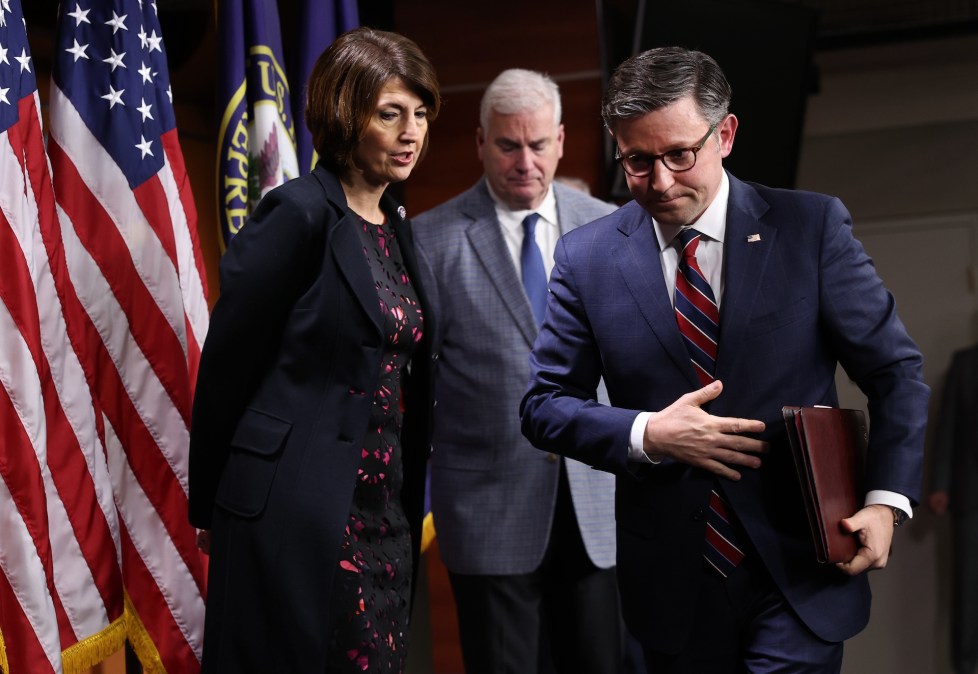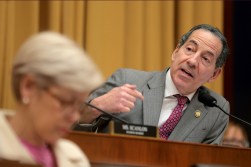House panel abruptly cancels federal privacy bill vote

A House panel abruptly canceled its plans Thursday to take action on a sweeping federal privacy bill amid disagreements with Republican leadership and opposition from key interest groups.
The legislation, known as the American Privacy Rights Act, emerged in April with bipartisan and bicameral support among the leaders of the respective committees with the most jurisdiction to take action on the topic. The House Energy and Commerce panel was slated to mark up the bill Thursday.
At the moment the markup was about to begin, staff announced its cancellation. Numerous reports had pointed to objections to the bill from House GOP leaders, coupled with industry concerns about the bill’s ramifications for businesses and from other groups upset that some civil rights protections had been removed.
“It’s outrageous that Republican Leadership would interfere with the Committee’s bipartisan regular order process,” Rep. Frank Pallone of New Jersey, the top House Energy and Commerce Democrat, said in a news release. Pallone was a chief co-sponsor of the bill with Chair Cathy McMorris Rodgers, R-Wash.
“I’m committed to continuing to work with Chair Rodgers — we’re not giving up,” Pallone continued. “The Energy and Commerce Committee is the only Committee that has had the willingness to take on Big Tech on behalf of the American people. This Committee has a history of taking on the hard problems. If this was easy somebody else would have done it already.”
In a statement after the markup cancellation, McMorris Rodgers, too, said the fight would continue.
“For every parent, for individual liberty, and for the future of this country, we will continue our pursuit to give Americans privacy rights online,” she said. “We cannot continue down this path. The American people are asking Congress to step up and pass a privacy bill. It is foundational to our future and the next generation.”
House Speaker Mike Johnson, R-La., said on X, formerly known as Twitter, that “it is time for Americans to have greater control over their privacy online, especially for the safety of our children. I am committed to working to build consensus in the House on a data privacy bill.”
Civil rights groups that had called for a delay celebrated the decision.
“To move forward on any comprehensive data privacy legislation without safeguards to ensure our data cannot be used to discriminate against us would have been an egregious mistake,” said Koustubh Bagchi, vice president of the Center for Civil Rights and Technology.






